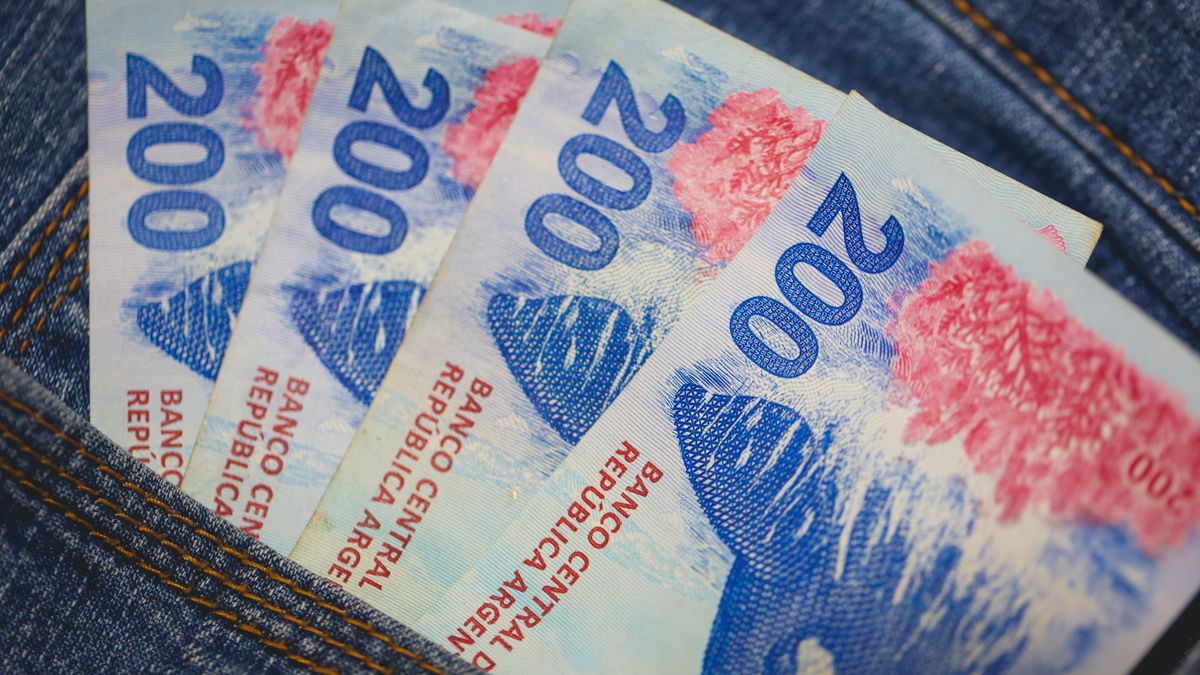The Minister of Economy, Sergio Massa, will send to Congress a bill so that workers stop paying income tax who earn up to one million pesos, and retirees, with the exception of those with privileges, starting next year. In this note, the detail of the extentwhich has as its main data the government decision to send a law to that this sum remains fixed and is automatically updated semiannually forward.
Income Tax: how much will the minimum floor rise?
A will be implemented rise above the minimum floor non-taxable at more than $1,500,000 of Profits, this is an increase of more than 40%, to reduce the impact of the post-STEP peso devaluation that is driving prices by more than 20% in the two months of August and September.
Income Tax: who will pay and who will not?
With the new floor, all those who earn less than $1 million in gross salary will no longer be covered.
Will be covered by the tax directors of corporations, CEOs, managers and assistant managers and beneficiaries of privilege pensions, which imply a very minor percentage of the total employees in a dependency relationship in the entire country.
While will be exempt and they will stop paying teachersdoctors, police and retirees in all cases.
Income Tax: how much would purchasing power improve?
According to the projections made by the Government, the net income pocket between 21% and 27%. Currently, the minimum floor to be exempt is $700,870.
Income Tax: why was this decision made?
If we take as a basis the wages August, and according to the numbers they manage in the Treasury Palace, the number of workers and retirees who pay the tax is 701,928 (that is, 7% of the total number of workers in a dependency relationship). If that floor was not modified, according to official projections, the number of those detained would increase to 890,000 in December.
Profits: more workers pay, but at reduced rates
Income Tax: what will the impact be on your pocket?
For a net pocket salary of $667,998.69, the planned improvement would be $117,690.32 (+21.4%); for one of $717,998.69 it would be $135,190.32 (+23.2%); for one of $767,998.69, it would be $152,690.32 (+24.8%); for one of $817,998.69 it would be $170,190.32 (+26.3%); for one of $867,998.69 it would be $187,690.32 (+27.6%).
They are variations that resemble the inflation of the period, so they would rather be updates with the objective of not including more workers in the payment of the tax due to the strong acceleration of inflation and the parity.
Income Tax: which sectors benefit the most?
According to the projections of the Ministry of Economythe percentage of employees most benefited by the measure, according to the sectors in which they work, would be:
- Industry (19.13%)
- Defense, security, education and public administration (14.5%)
- Financial intermediation and insurance services (11.94%)
- Service provision (8.10%)
- Communications (7.84%)
- Transportation and storage services (7.71%)
- Private education (6.33%)
- Wholesale and retail businesses (5.82%)
- Exploitation of mines and quarries (5.82%)
- Supply of electricity, gas, water and sewage (5.06%)
- Construction (3.11%)
- Human health and social services (2.91%)
- Accommodation services and food services (0.90%)
- Agriculture, livestock, forestry and fishing (0.65%)
- Rest of activities (0.20%).
Income Tax: how will it be paid with this modification?
With the minimum floor At $700,870, a gross salary of $800,000 pays Earnings $117,690; one of $850,000 must face $135,190; another of $900,000 pays $152,690; one of $950,000 pays $170,190 and a gross salary of $1,000,000 has to pay $187,690 in income tax, according to official data.
Income Tax: when will it be implemented?
The proposal to stop paying the income tax fourth category, workers and retirees, requires a law, since in addition to being a tax matter it is an i“annual” fiscal year tax. It should take effect from January 1, 2024.
However, a “bridge” scheme with similar benefits starting with the October salaries of this year.
Source: Ambito




